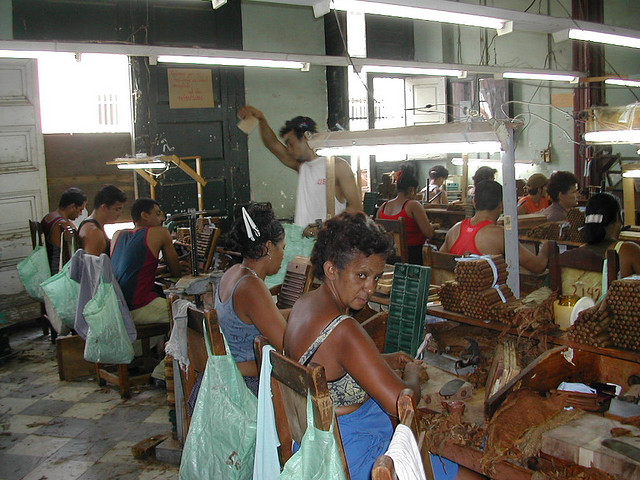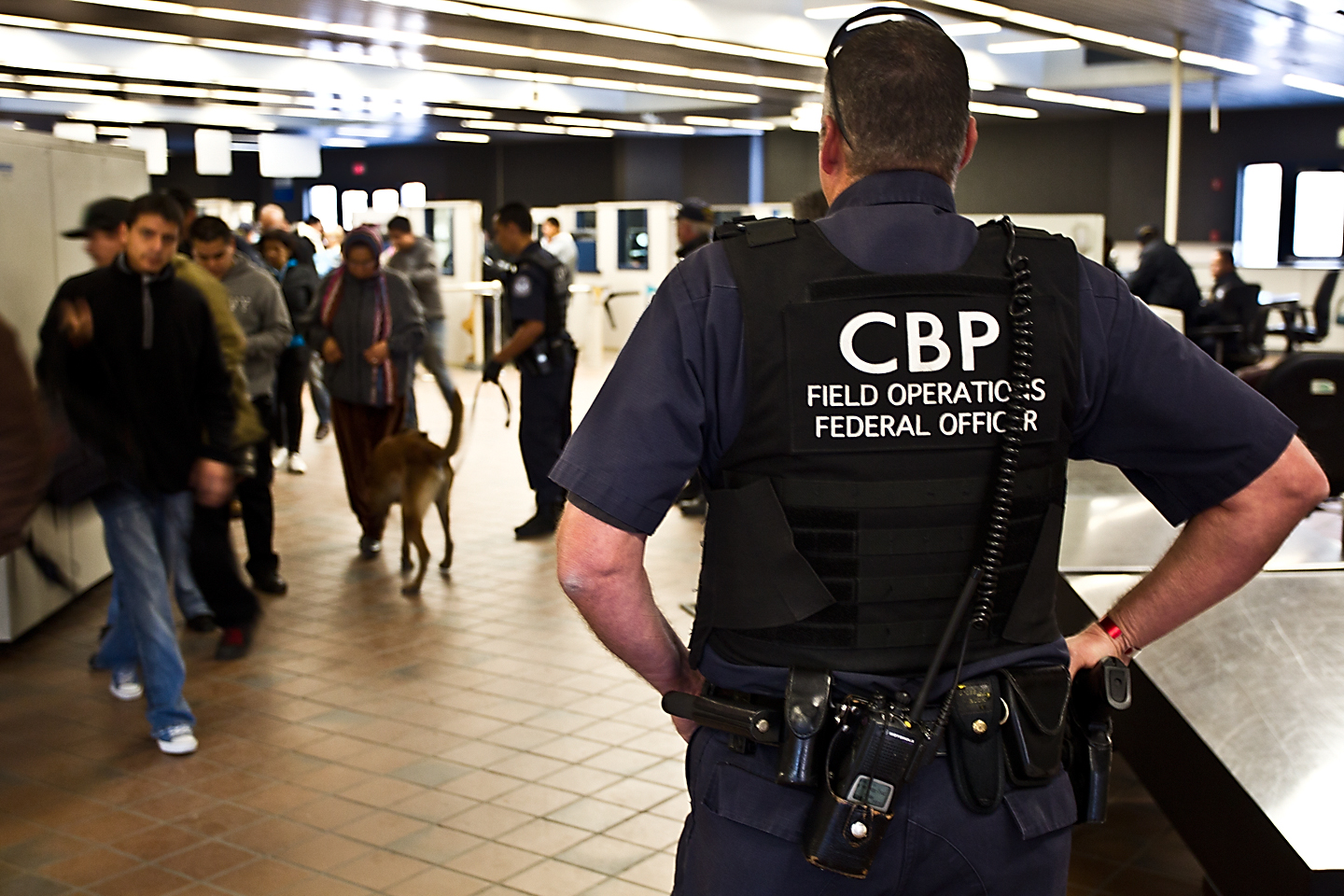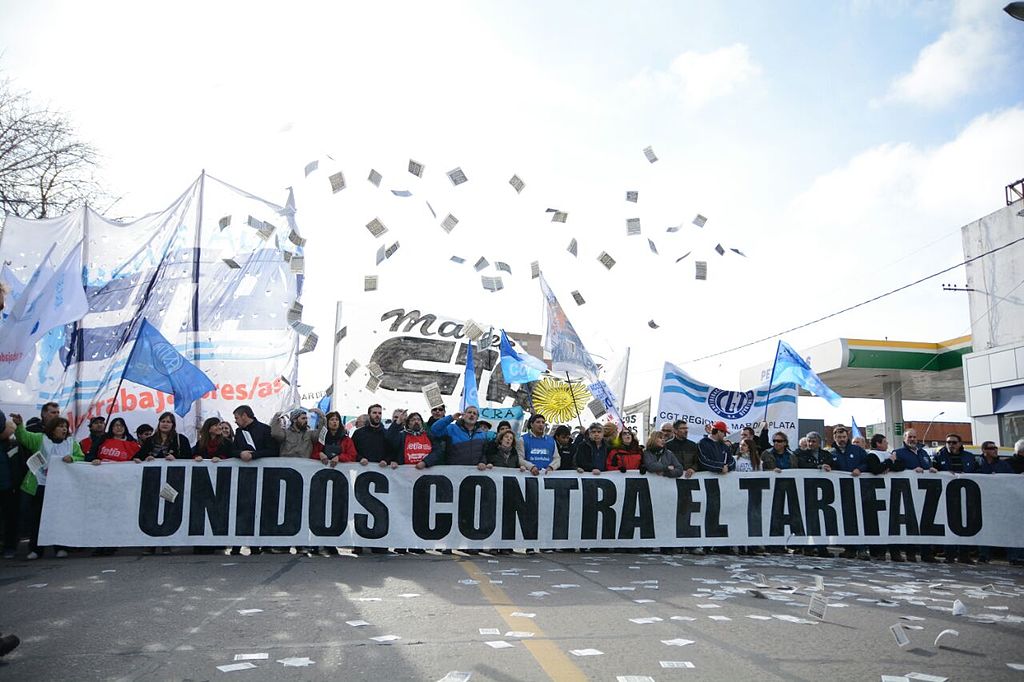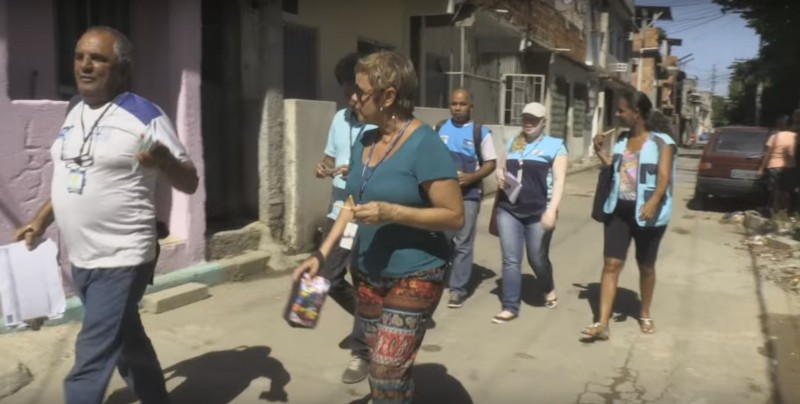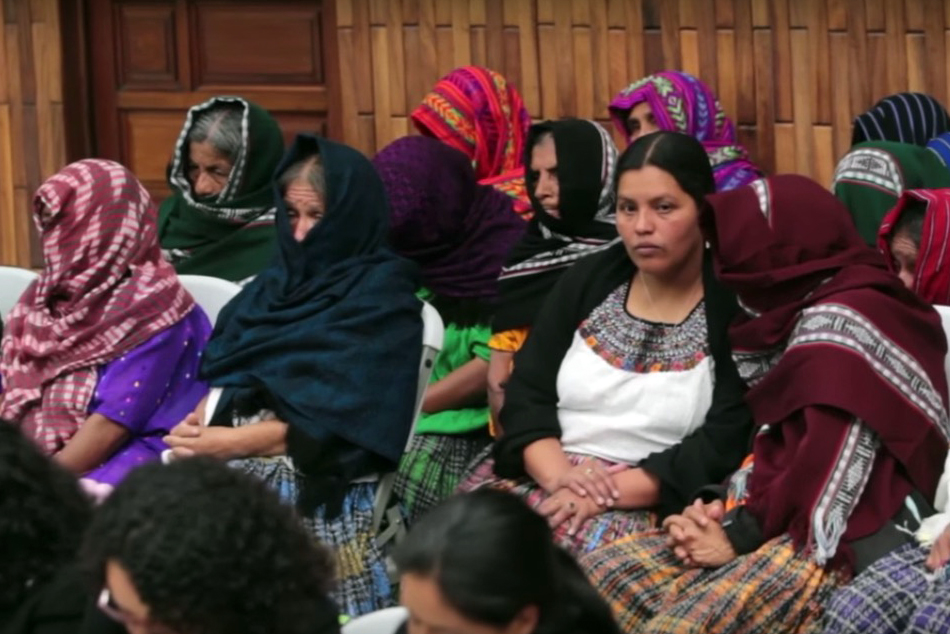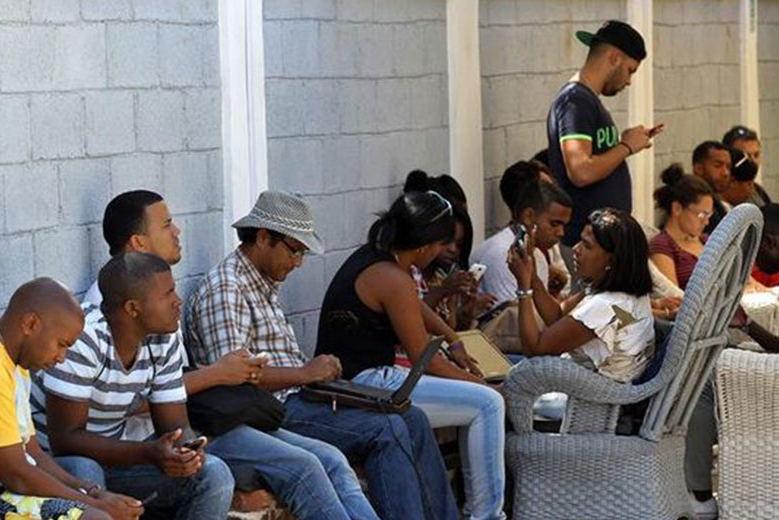
Caribbean, Cuba, Latin America: Week in Review
Cuba to Introduce Broadband Internet Pilot Program
February 1, 2016 By Staff
Top Story — The Cuban government will roll out broadband Internet service in two neighborhoods in Havana, the director of the state telecommunications company ETECSA announced on Sunday night. The pilot program, referred to as an “important milestone” by The Associated Press, will allow citizens in one of the least digitally connected countries in the world to access the web from their homes for the first time.
Providing Internet connectivity in Cuba was one of the goals set by U.S. President Barack Obama’s administration since the two countries re-established diplomatic relations in Dec. 2014. The announcement on Sunday night came on the same day that The Washington Post, in an editorial, cited Cuba’s persistently low connectivity rates as evidence that Obama’s plan to open the country up to democracy was “failing to live up to its declared goals.”
At present, only diplomats and Cubans who work for foreign companies are allowed to have broadband Internet access in their homes. The connections are notoriously slow and cost hundreds of dollars in monthly fees.
The Cuban government introduced broadband Internet service to the general public for the first time last year, with the creation of dozens of WiFi hotspots. The service, however, costs $2 an hour — one-tenth the average monthly salary in Cuba.
ETECSA Director Odalys Rodríguez del Toro said the pilot program will allow residents in Havana’s city center to order broadband service through Chinese telecom operator Huawei. The offer of broadband service will also extend to cafes, bars and restaurants. During her Sunday-night announcement, del Toro added that Cuba will double the number of WiFi hotspots this year by opening 30 new ones in Havana.
Del Toro, however, did not specify a timeline for the pilot program or the price that Havana residents should expect to pay for broadband service.
Headlines from the Western Hemisphere
North America
- Mexican authorities carried out a police raid at the U.S.-Mexico border — where an armed group was allegedly trafficking drugs and smuggling migrants to the United States — arresting 22 members of the powerful Sinaloa cartel and shooting and killing two after the suspects opened fire on Mexican federal police, according to a statement issued Sunday.
- In Mexico’s Guerrero state, at least 11 have been killed after unknown assailants opened fire on a 15-year-old’s birthday party.
- On Friday, Mexican President Enrique Peña Nieto officially changed the name of his country’s capital city to Ciudad de Mexico, or CDMX, instead of the previous Distrito Federal. The official rebranding is part of the effort to give the city more independence from the government.
- New York City lawyers, consultants and publicists are profiting from Puerto Rico’s debt crisis, as well-connected firms are earning millions in fees for handling the island’s financial-restructuring process, the New York Post reports.
Caribbean
- Puerto Rico proposed a plan to restructure its debt on Friday that includes giving major creditors new bonds worth on average 54 percent of their current ones. If enacted, the plan would cut the island’s debt service from 36 percent of the budget to 15 percent.
- In an interview with Agence France-Presse, the head of the U.N. mission to Haiti rejected accusations that the international community is interfering in the country’s electoral crisis, but said Haiti’s move to indefinitely postpone presidential and legislative elections was a “step backward.”
Central America
- El Salvador’s former President Francisco Flores, who had been under house arrest on charges of embezzling money intended for the victims of his country’s 2001 earthquake, died Sunday after suffering a brain hemorrhage at 56 years old.
- In an effort to exterminate mosquitoes carrying the Zika virus, El Salvador has deployed fumigation machines throughout the country, where some 6,000 people have already been infected with the virus. The World Health Organization will meet today to decide whether to declare a global emergency over the outbreak of Zika virus in the Americas.
Andes
- A top FARC leader said in an interview Sunday that members of the rebel group will pursue political roles in the wake of a peace agreement, which he emphasized will require broad-reaching collaboration.
- The Colombian National Health Institute revealed data in an epidemiological paper
about the reach of the Zika virus, with 2,100 pregnant women infected and 20,297 total confirmed cases in the country. - Members of the Venezuelan navy entered Colombia Saturday, leading to gunfire with local police near the Arauca river, an incident the Colombian Foreign Ministry said it is investigating with Venezuelan authorities.
Southern Cone
- The daughter-in-law of Chilean President Michelle Bachelet was charged with corruption on Friday along with 12 others for allegedly evading $165,000 in taxes under her firm Caval, a scandal that has further damaged the popularity of Bachelet’s administration.
- Argentine President Mauricio Macri has committed to expand efforts to investigate the 1994 bombing of a Jewish community center in Buenos Aires that killed 85 people, fractured the country’s diplomatic relationship with Iran and continues to be a politically charged issue in the country.
- Two people were shot and killed late Saturday during pre-carnival celebrations in Brazil, G1 reported, when attackers opened fire on street crowds in Rio de Janeiro and Brasília.
Subscribe to Today in Latin America by Email

